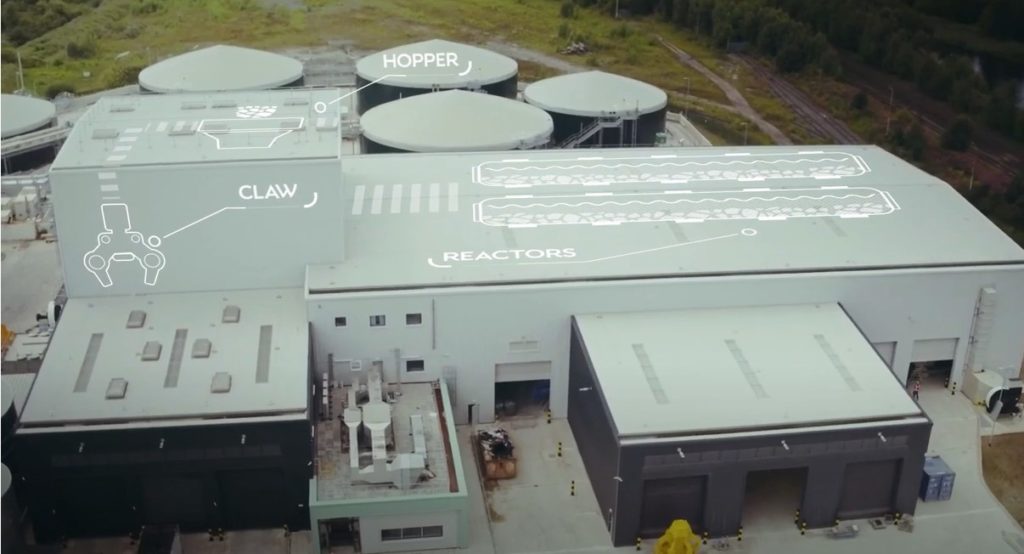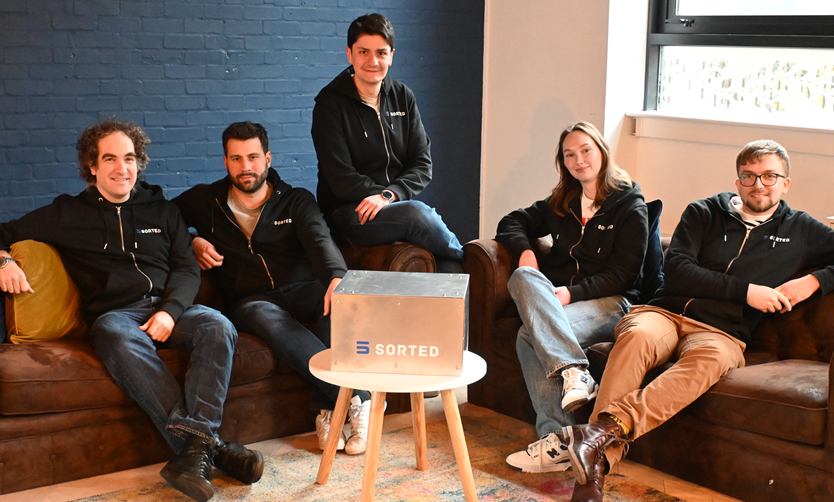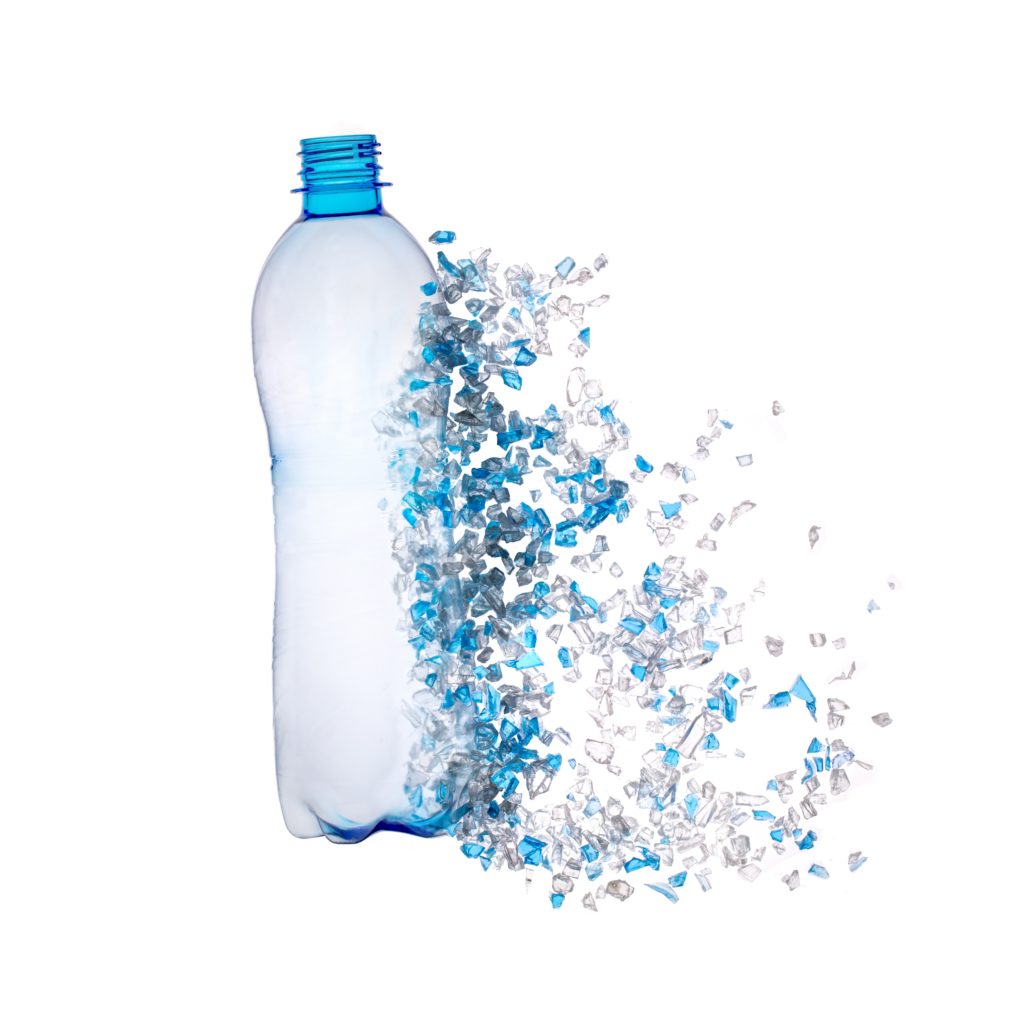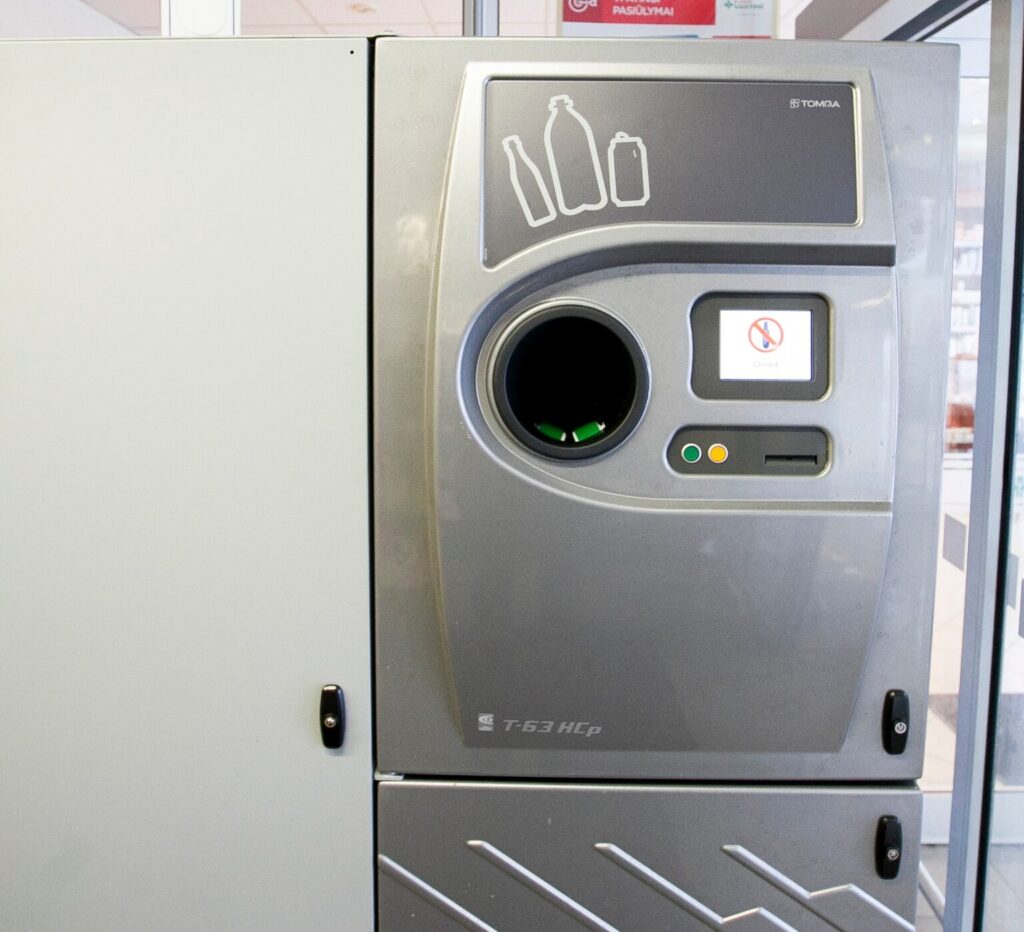Orsted Energy say the plant is now operational and accepting waste, but there have been complaints from local councillors and residents over smells.
The plant completed commissioning in October 2020 after four years of delays, and Orsted says it has been accepting waste, though the tonnages are unclear. Orsted also took an impairment charge of more than £50 million.
In recent weeks, local councillors have been publicly vocal in their criticism of the plant, urging the operators to address odour concerns.
From day one I’ve had people getting in touch about smell
- Cllr Sam Naylor, mayor of Northwich
‘Long standing’
Speaking with letsrecycle.com, Cheshire West and Chester councillor Sam Naylor, who is also Northwich mayor, said he is disappointed there have been odour issues as he was “categorically” told there wouldn’t be.
He said: “This is a long-standing issue, and it seems to depend which way the wind blows. I sit on the forum which meets regularly with the operators, and they’ve been very open and honest throughout but I can’t accept odour issues for residents.
“I was involved in the planning and when I raised this concern and I was categorically told 100% there would be no issues. From day one I’ve had people getting in touch about issues on smell. They’ve addressed this in the past with filter updates, but still the calls persist. This needs to be fixed.
“I hope they can sort the technology out, I’m a strong believer that it is better than traditional incineration. We are working on a solution”.
Our team has identified further improvements
– Orsted spokesperson
Ongoing
In a statement to letsrecycle.com, an Orsted spokesperson explained some of the remedial works the company has been undertaking at the facility, but warned that this is an ongoing process.
The spokesperson said: “As part of our commitment to being a good neighbour, we take any complaints very seriously. We are aware that there have been issues with odour and are continuing to work hard to address these.
“Our whole odour abatement system has been examined and we have implemented improvements to odour monitoring and management – this is a continuous process. Our team has identified further improvements and have commissioned a specialist consultant to review our facility and identify any other measures we may be able to take. We will continue to work closely with local stakeholders, authorities and our neighbours to eliminate any issues.”
Plant
The plant was forced to reduce its capacity from 120,000 tonnes to 80,000 tonnes per annum once it had completed commissioning in October 2020, after four years of delays, and it also took an impairment charge of more than £50 million.
In a statement announcing the completion of commissioning in October 2020, Hanne Risbjerg Sørensen, head of Renescience at Orsted, said: “It isn’t unusual that commissioning and optimisation of new innovative technologies – especially when it’s the first of its kind – take some time due to scaling up operations and interfaces between new processes and equipment, but of course, this delay isn’t what we’d hoped for.
“However, it’s important to note that our core patented enzymatic treatment process has continuously proven to work as expected both before and during commissioning.”
The below video from Orsted in January 2021 shows how the technology works
Technology
The plant is designed to treat unsorted residual waste using enzymes to create a ‘bioliquid’ and solid recovered fuel (SRF), while also generating electricity from the gas coming off the bioliquid.
The facility was among those to be featured as a case study in the government’s Resources and Waste Strategy.
According to the strategy, the technology could be used to recycle unsorted waste in areas with low rates of sorting refuse – such as high-density housing.











Subscribe for free